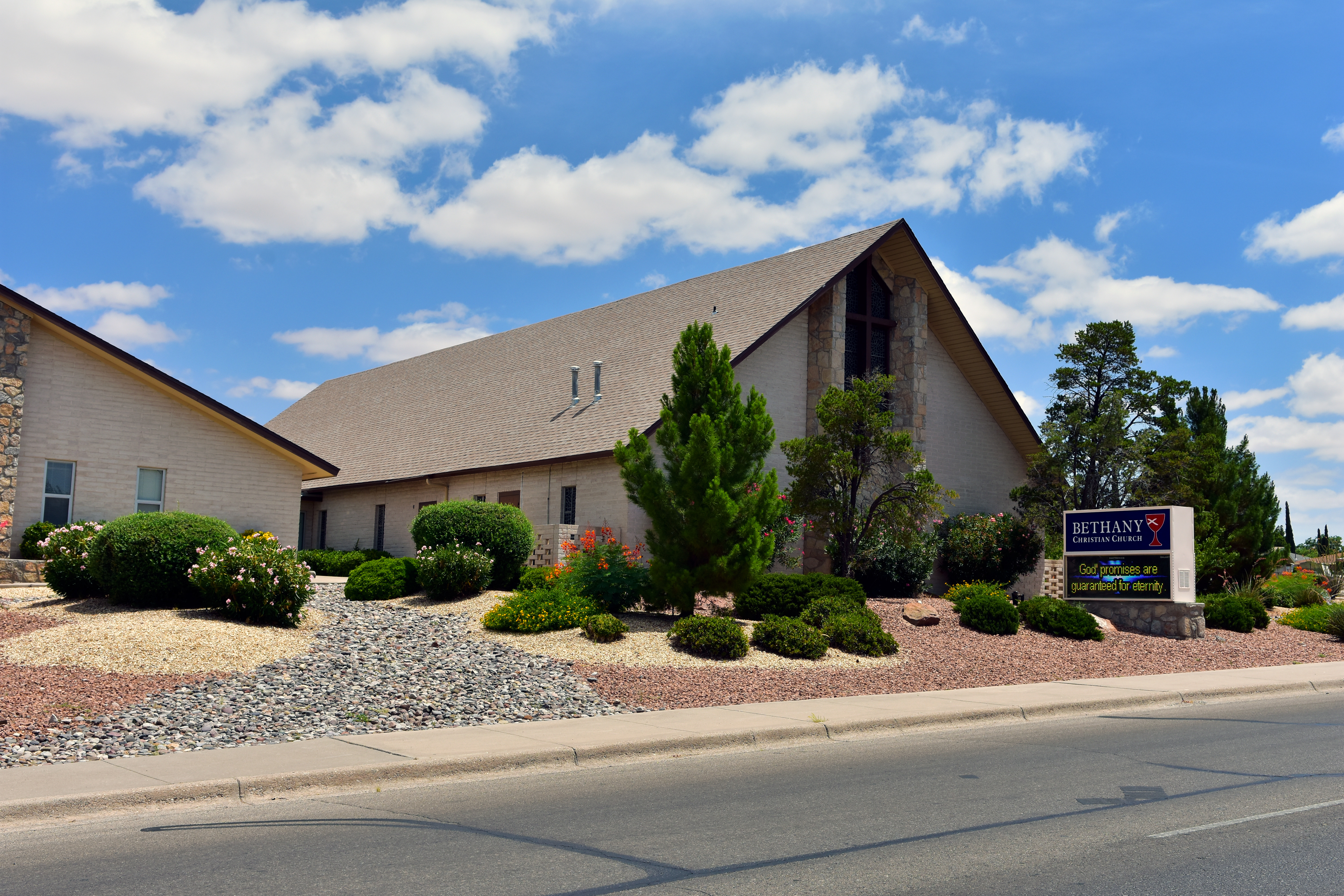It’s important that we encourage each other as Christians because the Bible tells us to.
“Therefore encourage and comfort one another and build up one another, just as you are doing.“1 Thessalonians 5:11 (AMP)
Paul told the Thessalonica church about the importance of encouragement especially during the last days before Jesus Christ comes back.
As we’re going through challenging times, encouragement comforts us, supports us and gives us confidence and hope.
Encouragement is important because words are powerful. Words can uplift our moods, change our lives, build our confidence and mend our broken hearts.
As Christians let’s give each other that hope and show love for one another.

